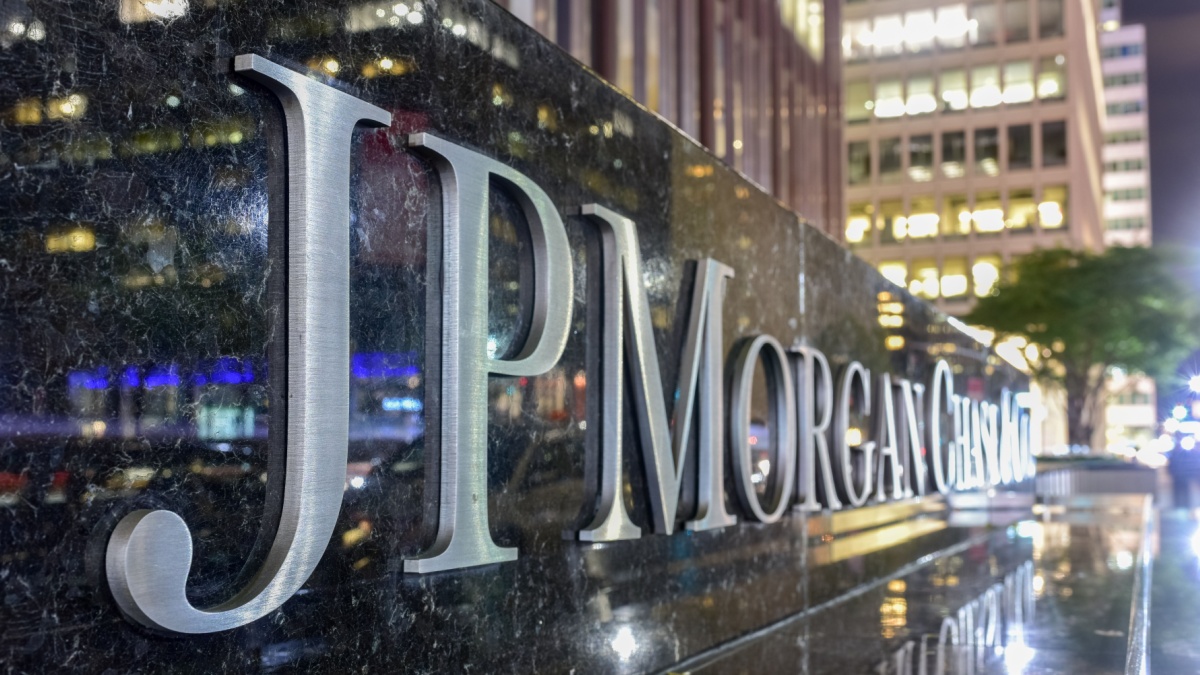Banking is not a static sector, it is constantly open to new forms of innovation driving change – artificial intelligence (AI) is going to play a critical role in redefining the industry, according to JP Morgan Chase CEO, Jamie Dimon.
In a letter to shareholders, Dimon noted that JP Morgan has been using AI since 2017. The general use of AI in finance, banking and payments is nothing new at all, whether this be for automation of day-to-day tasks to more advanced areas such as fraud prevention and AML.
What is noticeable in recent years however has been the massive growth in the technology’s use, both by huge businesses such as JP Morgan, SMEs and sole trading companies, or individual consumers using ChatGPT.
JP Morgan has been upping its investment in AI substantially, part of a wider macroeconomic trend which has seen many others do the same, as observed by Stripe CEO John Colison. In Dimon’s view, most of these projects ‘pay for themselves’ in terms of value creation for the Wall Street giant.
“Over time, we anticipate that our use of AI has the potential to augment virtually every job, as well as impact our workforce composition,” Dimon informed investors.
“It may reduce certain job categories or roles, but it may create others as well. As we have in the past, we will aggressively retrain and redeploy our talent to make sure we are taking care of our employees if they are affected by this trend.”
Dimon made the extent of JP Morgan’s AI capabilities clear in his investor letter. The firm now counts over 2,000 AI and machine learning (ML) experts among its staff and has developed over 400 use cases for predictive AI and ML across fraud, risk and marketing.
These use cases are ‘increasingly driving real business value’ across the group’s operations, the CEO remarked. To build on this, JP Morgan is assessing how generative AI (GenAI) can be used for software engineering, customer service, operations and general productivity and how it can better leverage its data resources to support further development.

This is not to say that the bank has not ignored the discussions around AI risks, however. A range of stakeholders have commented on these developments, and governments have committed to the safe progression of the technology.
For example, the US and UK have created their own AI Safety Institutes, although only the latter has commenced operations. These institutes signed a cooperation agreement on knowledge and information sharing last week.
Meanwhile, on Sunday, Canadian Prime Minister Justin Trudeau announced $2.4bn funding in AI research, with the creation of the country’s own AI Safety Institute one objective. Other stakeholders evaluating AI risks include central banks, such as the Bank of England.
The onus for responsible AI development does not just fall on regulators, governments and financial authorities, however. Financial institutions set to benefit from the tech, such as banks, also have responsibilities in this area. Dimon explained JP Morgan’s approach.
“We have a robust, well-established risk and control framework that helps us proactively stay in front of AI-related risks, particularly as the regulatory landscape evolves,” he said.
And we will, of course, continue to work hard with our regulators, clients and subject matter experts to make sure we maintain the highest ethical standards and are transparent in how AI helps us make decisions; e.g., to counter bias among other things.”
Acknowledging the presence of ‘bad actors’ in global finance, many of whom are making use of AI, is also important for JP Morgan, he added. To counter this, the firm is incorporating AI into its own toolsets to fight against fraud and money laundering risks.
More and more banks are upping their stakes in AI as they seek to capitalise on both the benefits the tech poses but also the investment opportunities its widespread option presents.
On the other hand, as Dimon noted, banking is not a static sector. In an era of fintechs and challenger banks presenting greater competition to the traditional banking sector, JP Morgan and others may also be investing in AI to rise to this challenge.
























